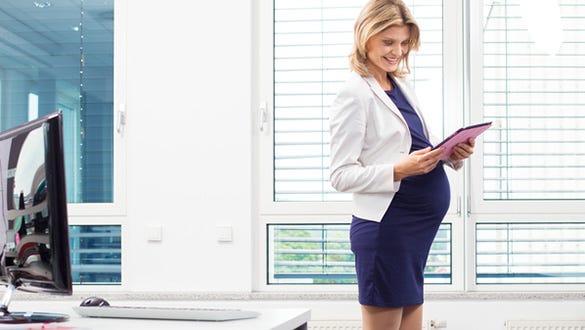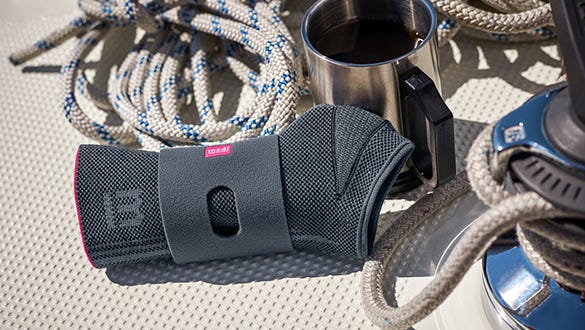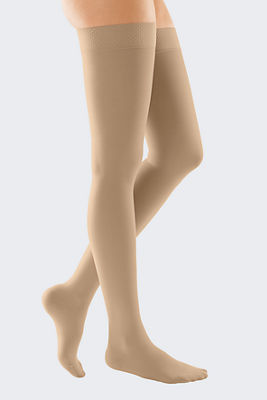- Free First Class Delivery
- Buyer Protection
- Secure Online Shopping
- Healthcare Professional? Click here
Work and pregnancy


Categories
Working whilst pregnant – no problem!
Many women find that their job is a welcome distraction from their growing bump and from everything else that comes with being pregnant. However, the priority has to be to protect the health of the mother and her unborn child.
More and more women are having their first baby in their 30’s. One reason for the comparatively late start to motherhood can be to do with career choices. Do you have to choose between career and parenthood? These days you can have both and can continue working right up until the due date if the mum-to-be is feeling great! However, you must pay attention to a few things! You can read the details here.
Pregnant women should bear the following in mind
As soon as an employee has informed her employer about her pregnancy, the employer must show special consideration when it comes to the health and safety of the pregnant woman. Your employer can also plan around the lady’s maternity leave and arrange for paid time off for antenatal care. Antenatal care can also include relaxation or parent craft classes as well as medical examinations, if recommended by your doctor.
The employer must carry out a risk assessment once the employee has informed them about her pregnancy and make any necessary adjustments such as lifting or carrying heavy loads, standing or sitting for long periods, exposure to toxic substances, long working hours, etc
How to minimise stress during pregnancy
Stress during pregnancy can have numerous causes. In extreme circumstances, it may harm the unborn child. But with a little thought and organisation you can reduce or even avoid the stress. You must put your baby first – reducing overtime hours is a good way of enjoying your pregnancy. Perhaps your job allows you to work from home a few days a week? Or perhaps you can benefit from flexitime to avoid having to travel during the often-stressful rush hour? Ask your supervisor about the various options available.
The optimal daily routine
Organise your daily routine to make it as pleasant as possible. If you suffer from morning sickness, your boss will certainly be sympathetic. Ask if you can perhaps start later and then make up the time by working longer in the evening. Make full use of the breaks during the day by either taking some exercise or by putting your feet up for a bit.




This reduces the likelihood of swelling or varicose veins during pregnancy. Just remember pregnant women are not automatically entitled to more breaks than other employees. However, they may attend doctors’ appointments during working hours and do not have to make up the time required for this.
Workplace
Work with your employer to organise your workplace so that it is adapted to your pregnancy. For example, to avoid back pain, a height-adjustable chair with a backrest and a footrest would be a good investment. A wrist support can be a good idea to prevent carpal tunnel syndrome.
Fill your desk drawer with healthy snacks, such as dried fruits, nuts and muesli bars. Ensure you have a constant supply of drinking water next to you to encourage you to drink enough. If you work somewhere that is very warm (e.g. in the kitchen), ask your boss about a possible change of workplace.
Your baby comes first
Pregnancy represents a whole new set of priorities, both physically and emotionally. You shouldn’t have the same pressure to perform! Of course, it’s not always easy to turn a blind eye to everything, especially where your job is concerned. Nevertheless: try to take things slowly or at least change down a gear and take it a bit slower.
Wearing compression hosiery can also be very soothing for your legs and help to increase your vitality, particularly if your job involves long periods of standing or sitting. medi has developed special pregnancy compression tights. The soft abdominal panels expands with your growing baby bump. They also prevent the weight of your baby bump impairing the venous blood flow and causing congestion.












